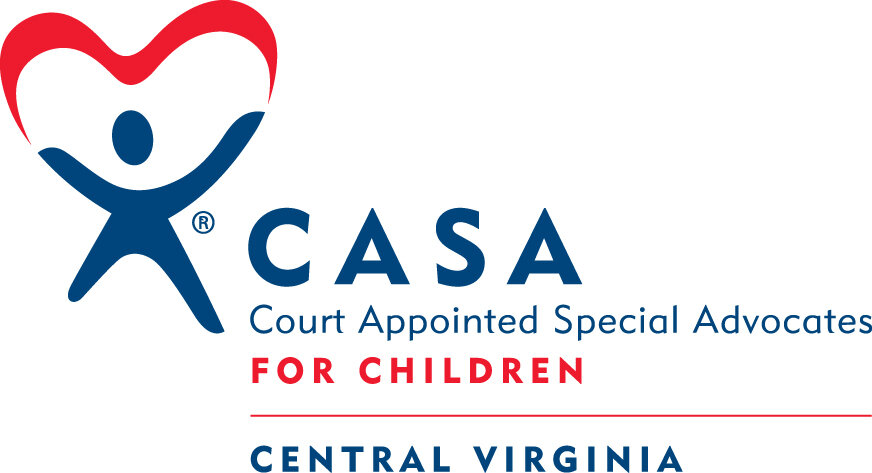How Trauma and Adverse Childhood Experiences Impact School Performance: Understanding and Supporting Affected Students
We are in Back to School season, a time when children are excited to pick out their school supplies, reunite with their friends, and meet their new teachers. However, for some children, they are carrying more than the weight of their backpacks. Some children walk the school halls with the invisible weight of trauma. What might appear as misbehavior or an uncooperative attitude could be a sign that they are dealing with more than just the challenges of education.
According to a recent CDC article, “About 64% of adults in the United States reported they had experienced at least one type of Adverse Childhood Experience before age 18.”
Adverse childhood experiences are potentially traumatic events that occur in childhood (0-18 years). This could include experiencing violence or abuse, growing up in a household with substance abuse problems, instability due to parental separation, or experiencing the stress of poverty. These experiences can have long-term impacts on health and well-being, and we know they affect the way a child learns, behaves, and copes.
Here are some challenges that children face at school following a potentially traumatic event:
- Higher likelihood of behavioral problems such as aggression, hyperactivity, and difficulty following rules.
- Trauma can affect brain development, leading to difficulties with concentration, memory, and problem-solving.
- Lower grades, standardized test scores, and a higher likelihood of repeating a grade or dropping out.
- Chronic absenteeism due to health problems, family instability, or lack of motivation.
- Difficulty forming and maintaining healthy relationships with peers and teachers.
Research shows that children can reduce the long-term effects of trauma by forming a healthy relationship with just one caring adult.
At CASA, we appreciate the dedication of teachers and caregivers who educate and support our community’s youth. The more caring adults in a child’s life, the more potential they have to grow and overcome adversity. This is why children who have experienced abuse or neglect need a CASA Volunteer. CASA Volunteers provide additional support, ensuring each child's needs are met and their voices are heard. Together, we can create a network of advocacy for vulnerable children in our communities.


